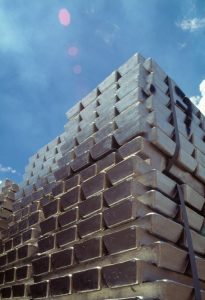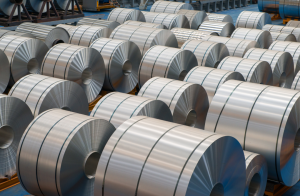
Aluminum gets smarter: Filtration, coatings, and what comes next
If we can recover metal from waste, embed intelligence into surfaces, and extend lifecycle all at once, the entire value chain starts to shift.

If we can recover metal from waste, embed intelligence into surfaces, and extend lifecycle all at once, the entire value chain starts to shift.

Not just cans and cars, aluminum tariffs step into new territory.

If you are long the front and over the stock, you are now the market’s liquidity provider.

If you’re part of the downstream aluminum market, it’s time to think ahead and adapt.

Superior Industries is officially off the New York Stock Exchange, and while that might sound like a corporate headline, it carries bigger weight for anyone tied to the aluminum supply chain.

If you want cheap domestic aluminum, the answer is recycled content.

Mexico is pushing for a deal through the USMCA framework.

Addressing the risk before it turns into another crisis.

From Fed signals to MWP shifts and deeper trade tensions, this week brought fresh momentum across aluminum markets.

We’re already seeing similar themes on the aluminum side: export bottlenecks, tariff fallout, domestic oversupply, and pricing dislocation.